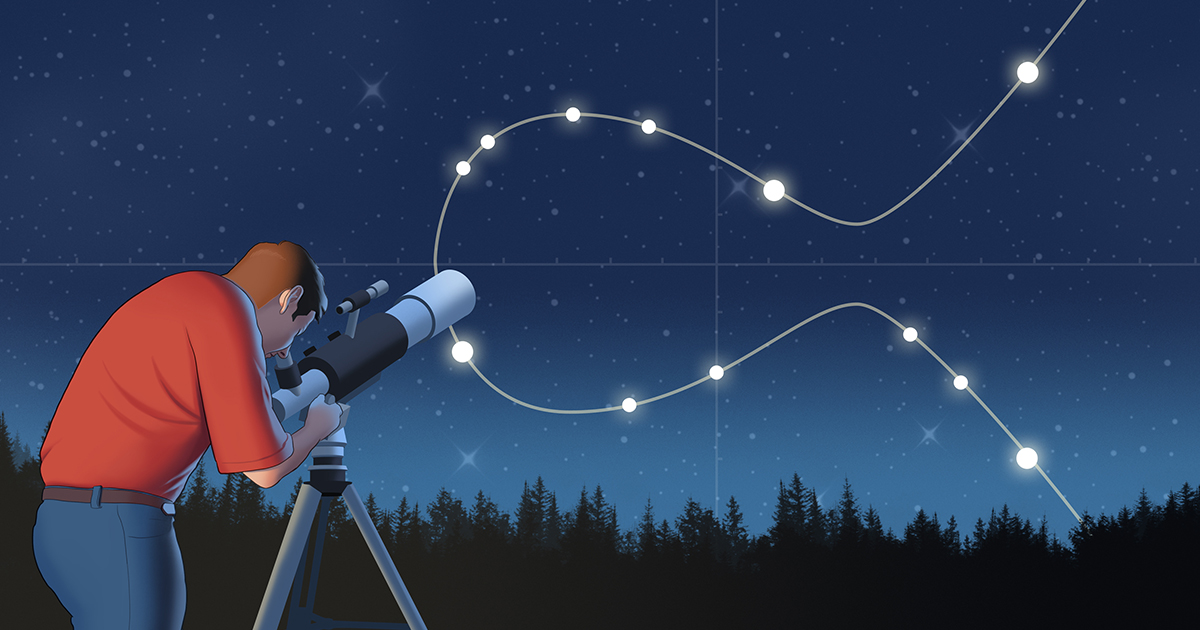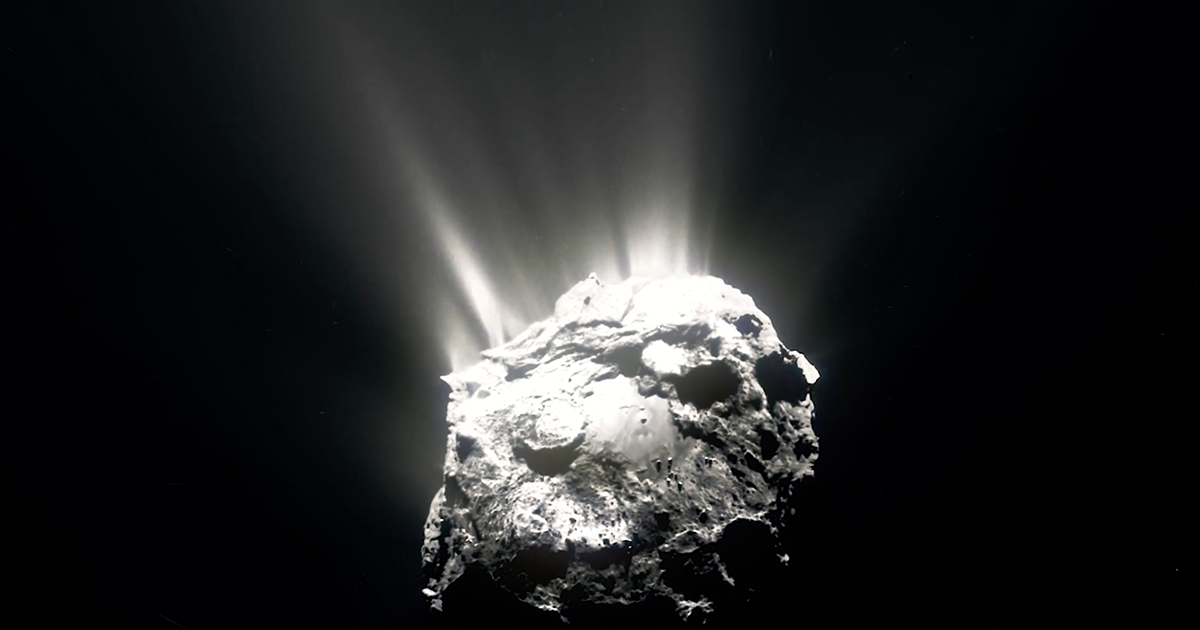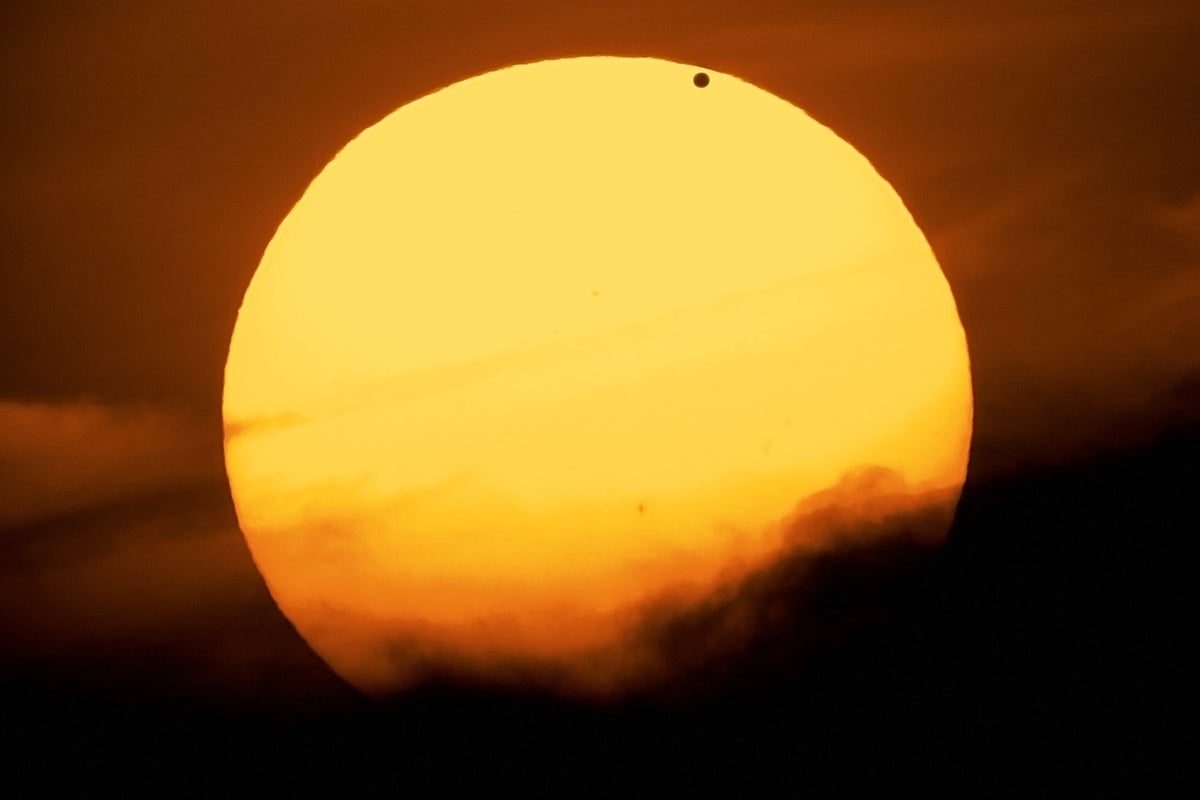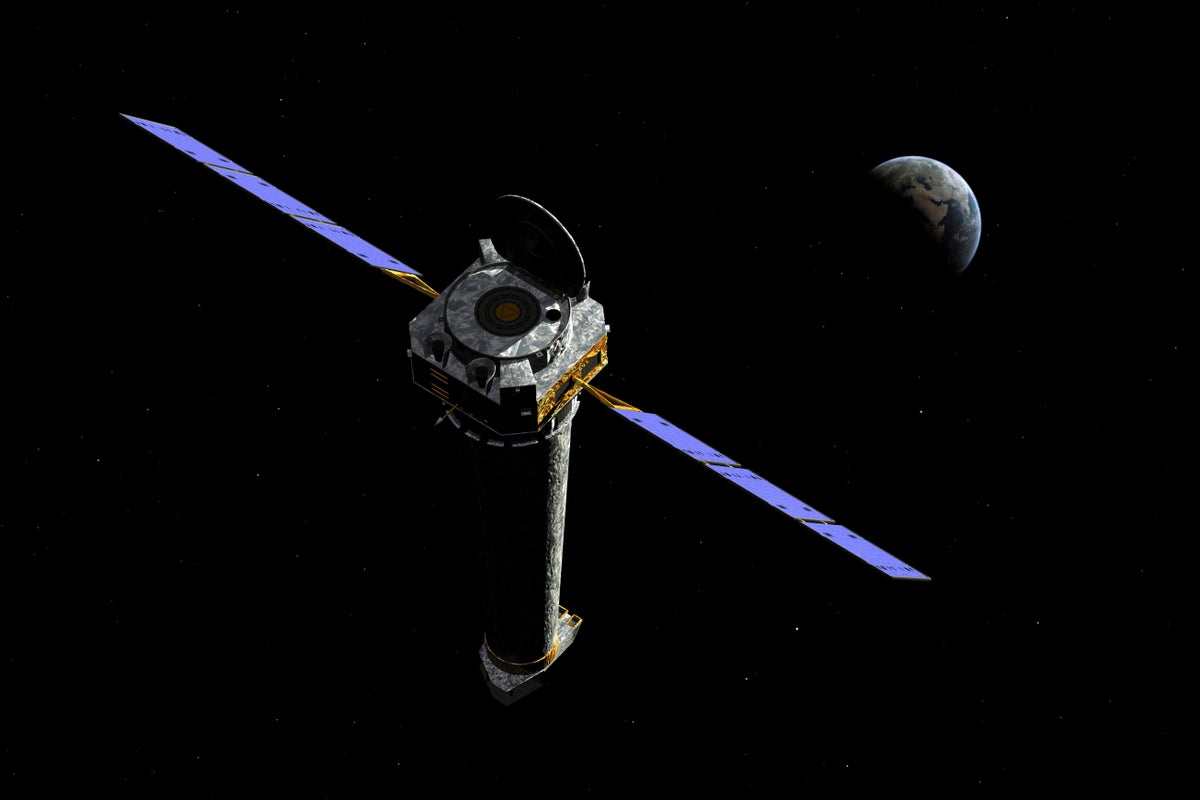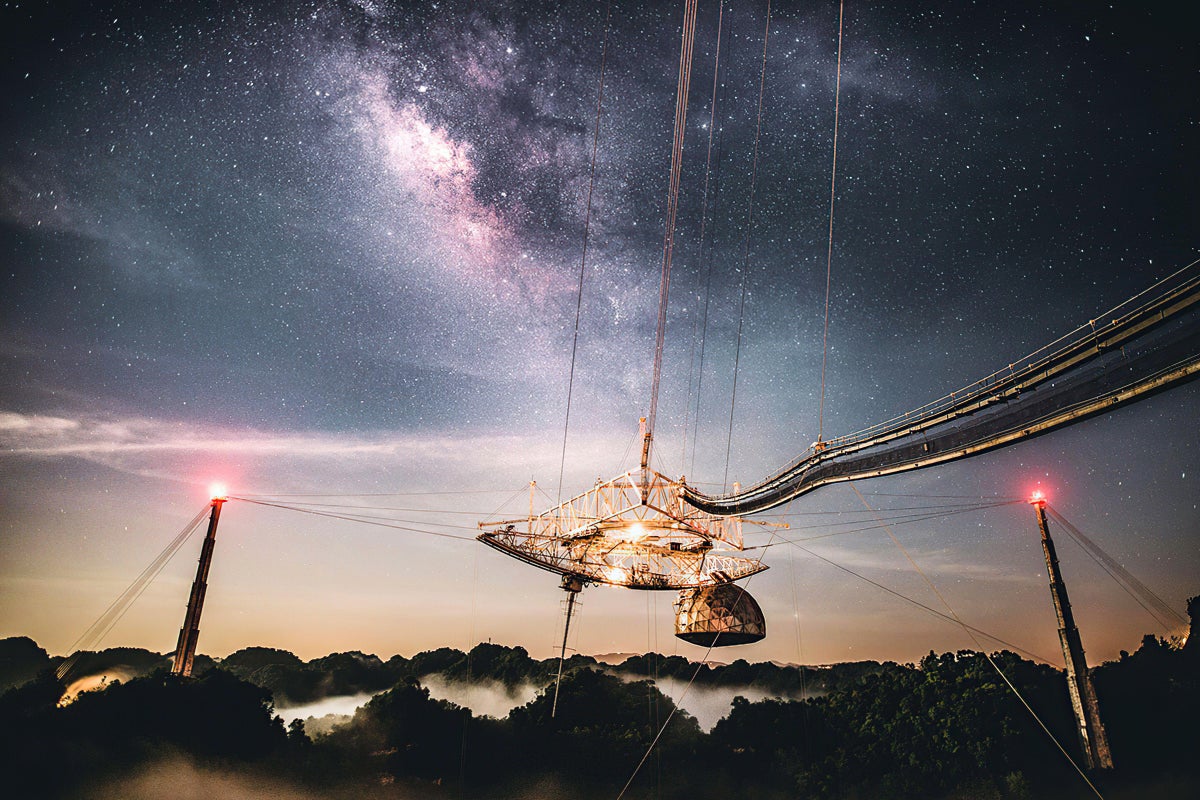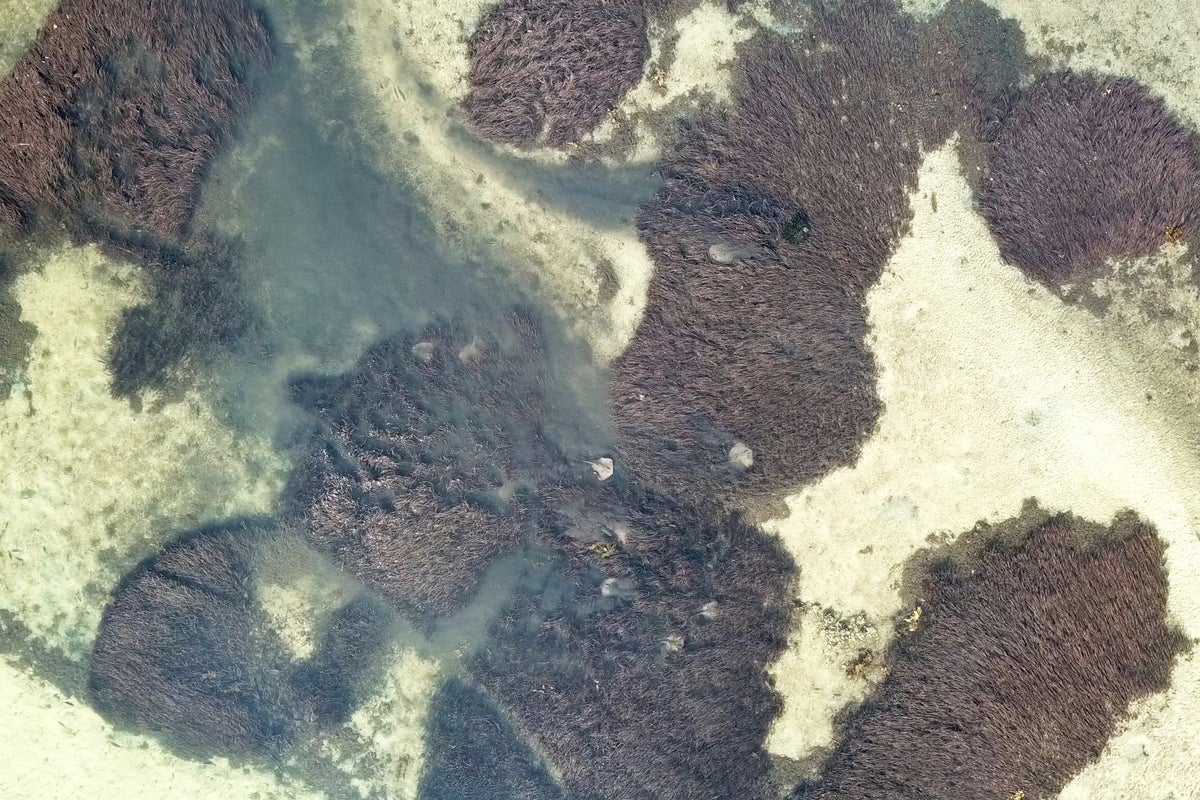In August, a pair of mathematicians discovered an exotic, record-breaking curve. In doing so, they tapped into a major open question about one of the oldest and most fundamental kinds of equations in mathematics. Elliptic curves, which date back to at least ancient Greece, are central to many areas of study. They have a rich… Continue reading New Elliptic Curve Breaks 18-Year-Old Record
Tag: Quantum Stuff
The Cosmos Teems with Complex Organic Molecules
But the chemical assembly process probably doesn’t end in the cloud. According to Booth, “we’ve got some really interesting results that might tell us that we’re enhancing [chemical] complexity during planet formation.” As material moves around in the disk, it experiences dramatically varying conditions. The disk’s surface is exposed to heat and radiation, while its… Continue reading The Cosmos Teems with Complex Organic Molecules
What’s the Roundest Object in the Universe?
Every now and again I’ll get a weird thought in my head that sits there demanding an answer. Sometimes it’s trivial, and sometimes it sounds silly but then leads into some fun insights. This time, my brain decided to fixate on a simple question: What’s the roundest object in the universe? By that I mean,… Continue reading What’s the Roundest Object in the Universe?
How Public Key Cryptography Really Works
For thousands of years, if you wanted to send a secret message, there was basically one way to do it. You’d scramble the message using a special rule, known only to you and your intended audience. This rule acted like the key to a lock. If you had the key, you could unscramble the message;… Continue reading How Public Key Cryptography Really Works
Ending NASA’s Chandra Will Cut Us Out of the High-Resolution X-Ray Universe
November 15, 2024 4 min read Ending NASA’s Chandra Will Cut Us Out of the High-Resolution X-Ray Universe The Chandra X-ray Observatory is facing closure. Shutting it down would be a loss to science as a whole By María Arias NASA’s Chandra X-ray Observatory as it may appear at about 50,000 miles from Earth, nearly… Continue reading Ending NASA’s Chandra Will Cut Us Out of the High-Resolution X-Ray Universe
Miaou! Curly Tails Give Cats an ‘Accent’
November 15, 2024 3 min read Miaou! Curly Tails Give Cats an ‘Accent’ A genetic mutation makes some cats’ tail curl over their back, giving them something akin to an accent when they communicate with other kitties By Christa Lesté-Lasserre Baby the cat has a genetic mutation that makes his tail curl over his back… Continue reading Miaou! Curly Tails Give Cats an ‘Accent’
Mathematical Thinking Isn’t What You Think It Is
David Bessis was drawn to mathematics for the same reason that many people are driven away: He didn’t understand how it worked. Unlike other creative processes, like making music, which can be heard, or painting pictures, which can be seen, math is for the most part an internal process, hidden from view. “It sounded a… Continue reading Mathematical Thinking Isn’t What You Think It Is
10 Jaw-Dropping Facts about Teeth in the Animal KingdomThe Tooth Is Stranger Than Fiction
Do you think teeth are boring or gross? From the iron-laden teeth of Komodo dragons to the horns on unicorns of the sea, the animal kingdom is filled with marvelous dental adaptations that will have you thinking again. Sharks are covered in toothlike scales called denticles Colored micrograph of shark skin showing the complex three-dimensional… Continue reading 10 Jaw-Dropping Facts about Teeth in the Animal KingdomThe Tooth Is Stranger Than Fiction
The Arecibo Message, Earth’s First Interstellar Transmission, Turns 50
A half-century ago humanity sent its first postcard to the stars, carried by a narrow beam of radio waves. It was November 16, 1974—a turbulent time on planet Earth. The cold war was reaching its crescendo, and the world economy was still sputtering from a Middle East oil embargo that was imposed the previous year.… Continue reading The Arecibo Message, Earth’s First Interstellar Transmission, Turns 50
Stingrays Move Thousands of Tons of Sand on the Seafloor per Year
Stingrays Move Thousands of Tons of Sand on the Seafloor per Year In search of snacks, stingrays’ feeding technique supports ecosystems by rearranging the underwater geography By Jeanne Timmons Drone imagery of a fever of estuary stingrays feeding in seagrass meadows. With their winglike fins undulating in slow motion, stingrays and other rays seem to… Continue reading Stingrays Move Thousands of Tons of Sand on the Seafloor per Year
